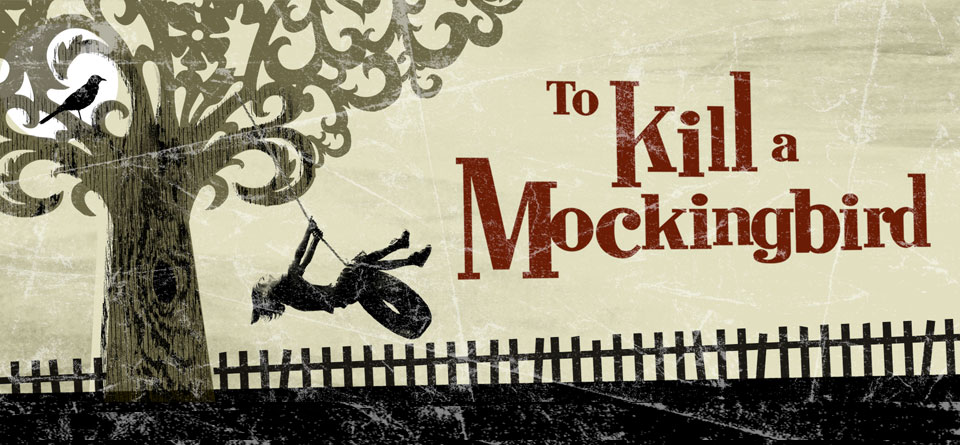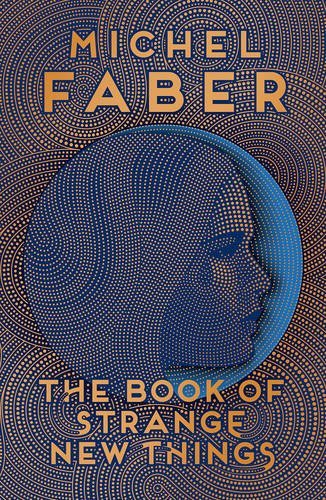|
“I’ve already sent the script to a couple of gurus,” said a writer to me at the New Renaissance Film Festival. I’d just delivered a masterclass in storytelling and I think the implication was that I was a guru – or a demi-guru at the very least. I must confess that I don’t think of myself as a guru – or a doctor, or even an expert as the film festival brochure so flatteringly described me. I’m just someone who’s read a lot, watched a lot, written a lot, had the good luck to work with people who are a lot more talented and has learnt a lot from people who are a lot more knowledgeable and articulate. And if you spend as much time as I do thinking about stories, how they work and why they matter, occasionally you like to put those thoughts out into the world to see what other people think. Some agree, some don’t; some are inspired, some aren’t. And that’s how we learn and grow. But beyond the subtly flattery, the writer’s comment implied something much more important. Why had he sent his script to a couple of gurus? Had the first guru not given him the feedback he’d expected? Was he hoping that the second guru would be more in tune with what he was trying to say? Had the first guru been unable to articulate his critique in a way that made sense to the writer so he’d felt compelled to send it on to someone else? And how many gurus was he planning to send his script to before he’d had his fill of gurus and their opinions? It seemed to me that the writer was searching for something - something that is as elusive as a good idea and as precious as a perfectly constructed sentence: he was looking for his own Tay Hohoff. It is generally accepted that without Tay Hohoff ‘To Kill a Mocking Bird’ would not exist in the version we all know and love. It was Tay Hohoff, in her role as editor at the publishing firm J. B. Lippincott & Co., who looked at the earliest draft of ‘To Kill a Mocking Bird’, ‘Go Set a Watchman’ and recognised a talented writer who hadn’t found the right story. And it was Tay Hohoff who guided Harper Lee through three years of re-writes, three years in which Lee lost faith more than once and even threw the manuscript out of her window, until ‘To Kill a Mocking Bird’ was the book we know today. Every creative needs their own Tay Hohoff – that person who can look at what we’ve made, what we’ve toiled over, what we apprehensively hand over and can see what works in it and what doesn’t. That person who, with knowledge and tact, can show us where we’ve gone wrong and guide us to the road that will make it better. That person who can say ‘This is good but I know you can do better.’ That person might be your agent, who after years of working in the industry, has a sixth sense for what works and what doesn’t; it might be a young editor fresh of a literature degree who just loves stories or it might be a guru who has made a career of analysing stories and advising writers. Whoever it is, we all need that person because telling a simple story well is an inordinately difficult thing to do and most of us can’t do it alone. Just how important, precious and fragile this relationship is was highlighted for me by the writer Michel Faber whose Tay Hohoff was his wife, Eva. In an interview in The Guardian Faber explains how it was Eva who pulled him out of a depressive funk when they met in Melbourne in 1987, how it was Eva who convinced him to move to Scotland away from the harsh Australian sunshine that gave him migraines and how it was Eva who “supplied characters for the novella The Courage Consort, demanded a “more luminous” ending for The Book of Strange New Things, and helped to shape the mood and plot of all his books. “I would have been a different writer without her,” he says.” Eva died in 2014 and Faber ends the interview: “I’m still trying to write a bit…I would like to think that in the future, if something has to give it’ll be the writing, rather than being a human among other humans.” We all need our own Tay Hohoff: that person who has faith in us; that person we can trust completely. That person who can say ‘This is good but I know you can do better.’ And, for our own sanity and for them, we will.
2 Comments
18/4/2023 02:31:56 pm
I wanted to express my gratitude for your insightful and engaging article. Your writing is clear and easy to follow, and I appreciated the way you presented your ideas in a thoughtful and organized manner. Your analysis was both thought-provoking and well-researched, and I enjoyed the real-life examples you used to illustrate your points. Your article has provided me with a fresh perspective on the subject matter and has inspired me to think more deeply about this topic.
Reply
Leave a Reply. |
ScriptPlayerWriter, reader, pontificator. Archives
May 2023
Categories |


 RSS Feed
RSS Feed